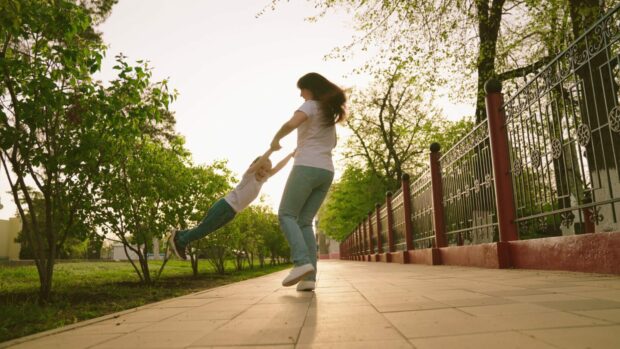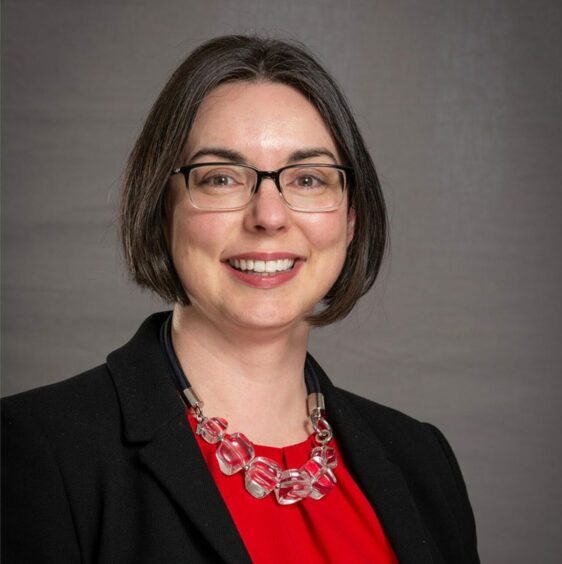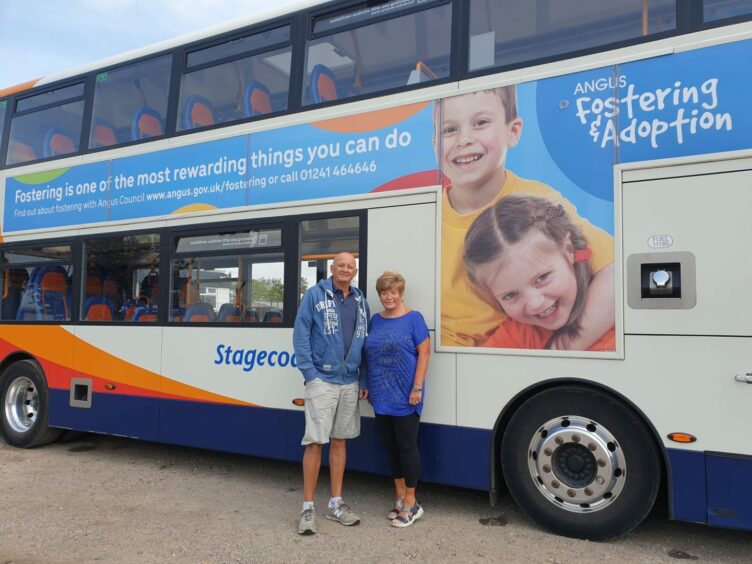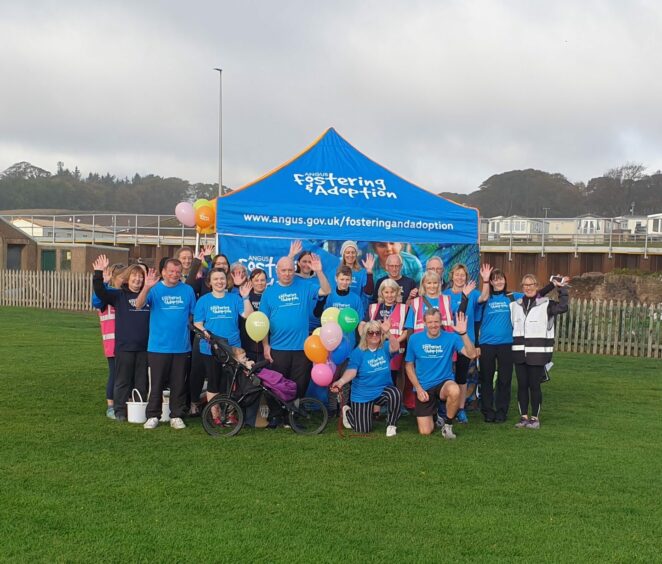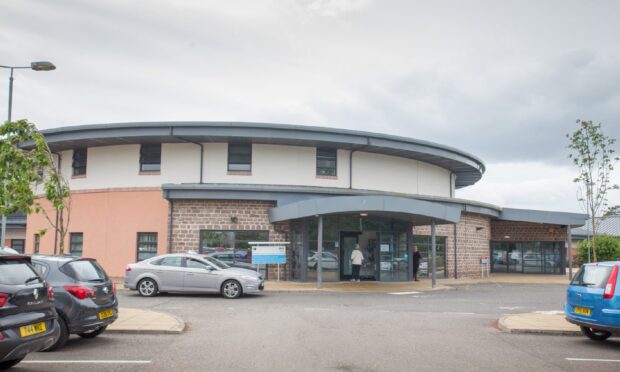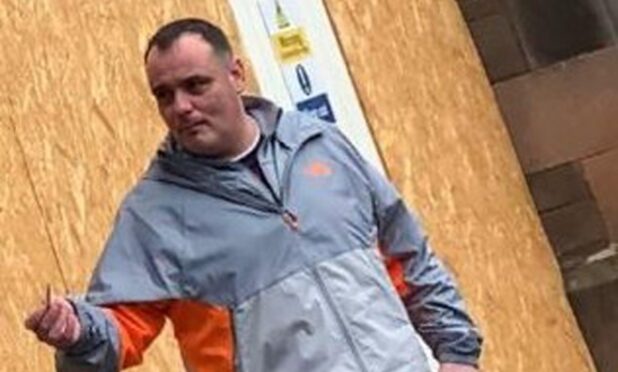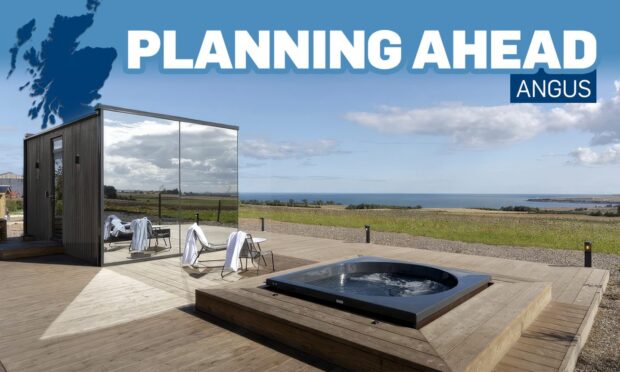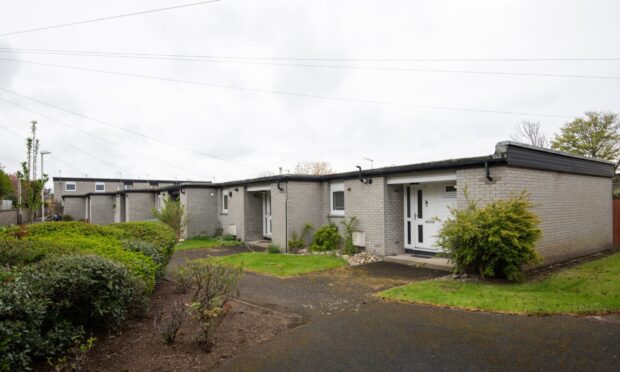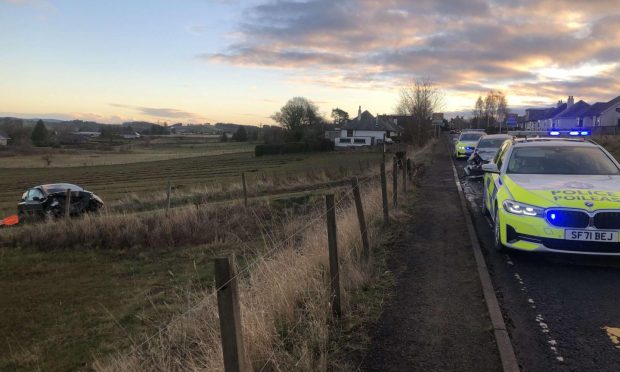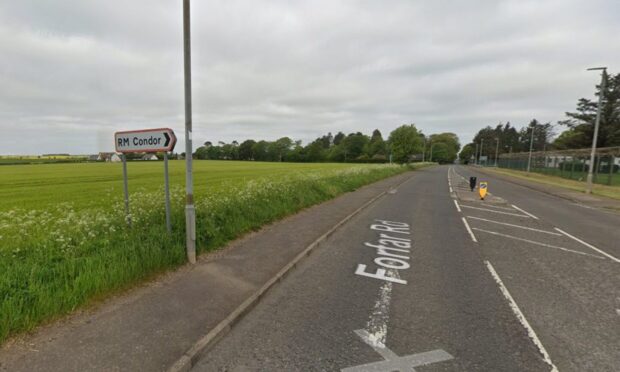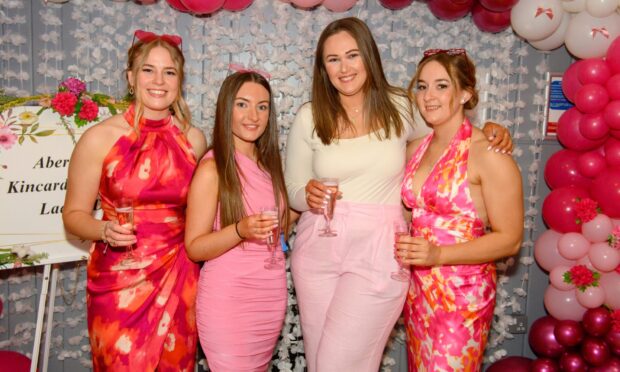Some view fostering as a job that entails looking after other people’s children. For others, to become a foster carer means making a difference in those children’s lives.
-
Some Courier online content is funded by outside parties. The revenue from this helps to sustain our independent news gathering. You will always know if you are reading paid-for material as it will be clearly labelled as “Partnership” on the site and on social media channels,
This can take two different forms.
“Presented by”
This means the content has been paid for and produced by the named advertiser.
“In partnership with”
This means the content has been paid for and approved by the named advertiser but written and edited by our own commercial content team.
“Tuesday was a bit of a nightmare,” says *Jane. Her son was sent home from school after being sick in class. She was in such a rush she dropped her mobile phone in their garden and only found it later in the afternoon.
But today things are looking up. A visibly relieved Jane smiles and shares, “my son is feeling better now and he’s back in school.”
The truth is, Jane’s son is not her biological son, but her foster child. She and her husband, *Ian have been caring for him for nearly seven years now.
Fostering: a big step for a family
Fostering was a decision that came easily to both Jane and Ian. Jane had always wanted to become a foster carer. When she got the chance to be a full-time one after leaving her 21-year-career at a telecommunications firm, Ian was immediately supportive of her. It helps that Ian himself is in a caring role, working as a paramedic in the ambulance service.
Even so, welcoming vulnerable children in need of care into their home was a big step. Jane and Ian don’t have any biological children together, though Ian helped raise *Donna, Jane’s daughter with her late husband.
Donna was 12 years old when her parents considered fostering. Jane says: “We made it clear to her that if at any time she felt fostering was not working for her, she needed to be honest and tell us. (We told her) these children are very important to us, but you are the most important person in our life.”
“In the whole time we have fostered, never has she ever said, ‘Mum, I don’t want us to do this anymore.’”
Welcoming a foster child home: “the most beautiful thing”
Ian had a baptism of fire with the arrival of their very first foster child – a baby who came straight from a hospital one cold December evening. It was an emergency placement because the baby’s relatives were unwell so there was no one to look after her.
Jane recalls: “(My husband) had never done night feeds and nappy changes and stuff like that. And it was so funny because he was like, ‘oh, what do I do with this little person?’ He was making so much noise. But we fell in love with her. She was just the most beautiful little thing in the world. She was lovely and she came from a lovely family. She really did.”
Fostering in different forms: short break or long-term?
That baby returned to her family after a few weeks and since then Jane and Ian have welcomed four more respite placements into their home.
But the couple prefer long-term placements. They’ve had a total of seven over the 11 years they’ve been fostering.
Jane says: “We prefer the long-term, building relationships type of fostering. It is a job that I really do love. Don’t get me wrong. I get frustrated. I get annoyed. But it’s something that I really do enjoy doing, especially with the kids. It’s amazing to see them flourish. They’re getting bigger; they’re learning.
“One of the most important things I was taught when I was doing my prep for fostering was that, when you foster, you advocate for that child like you would your own child.
“We miss them like crazy when they’re gone and it’s like a bereavement when they leave; it’s heartbreaking. You just cry for days, just burst into tears for nothing. But we’ve been lucky that we’ve been able to keep in touch with some of the children.”
Angus in serious need of foster carers
At the moment, Angus needs more foster carers like Jane, people who can care for children and young people who cannot stay with their families for one reason or another.
Kathryn Lindsay, Angus Council’s Director and Chief Social Work Officer, explains it may be that the children lost their parents or their existing families are unable to provide the care needed to meet their needs and keep them safe and well at home.
Kathryn says: “We’ve got five children who really do need a forever family; they need a family who will provide them with that stability. Those children and young people know that they’re not going home to their birth parents, but they don’t know where they will be for the rest of their childhood.”
“We’re also keen to recruit short break foster carers who can help provide care for children who need some time away from home.”
Angus provides training and support for foster carers
Angus Council offers financial support to foster carers. Carers in their first year can receive up to £26.5k caring for one child.
There’s also a detailed programme of training opportunities and access to a supervising social worker who can address issues facing foster carers.
Kathryn says: “There’s quite an infrastructure of support around our fostering service. Certainly, foster carers are not on their own. We offer barbecues and family fun days and all sorts of things. It’s quite an exciting network to become a part of and people do feel quite connected to each other as a fostering network in Angus.”
From shifting sands to a solid foundation
Jane’s daughter, Donna is 23 years old now. She volunteers as a coach, working with children from underprivileged backgrounds. She is also applying to become a foster carer herself.
Jane couldn’t be more proud. To her, fostering is fulfilling despite all the hard work and sometimes heartache. She says: “Children that are fostered, their foundations are built on shifting sands, because you know nothing about them apart from what is in the paperwork. And it’s up to foster carers to build a solid foundation for these children to make sure that they can stand on that and then they can move slowly forward at their pace.”
*Names have been changed.
For more information on how to become a foster carer, check out Angus Council’s website or give them a call on 01241 464646.
